Experts say to get a sense of how Americans feel about the economy and their wallets, look at how they buy perfume.
During times of economic uncertainty, consumer behavior experts say shoppers tend to change their shopping habits, especially when it comes to non-essential items. They often switch to cheaper items, reduce the frequency of purchases, or even stop altogether.
Perfume is no exception. Data from Pattern, a company that analyzes online product search data on Amazon and other platforms, shows that demand for affordable roll-on perfumes has increased 207% this year compared to last year. Demand for mini bottles of perfume is up 183% and body mists are up 30%.
This is just one of the ways consumers are choosing to cut spending, even though traditional economic data shows a brighter picture in the US.
Even in a recession, price-sensitive shoppers don’t completely give up on expensive non-essentials, like high-end chocolate, perfume, or makeup. These are the things that make them feel better.
This is known as the lipstick effect – consumers still spend on luxury products during a recession, to relieve stress.
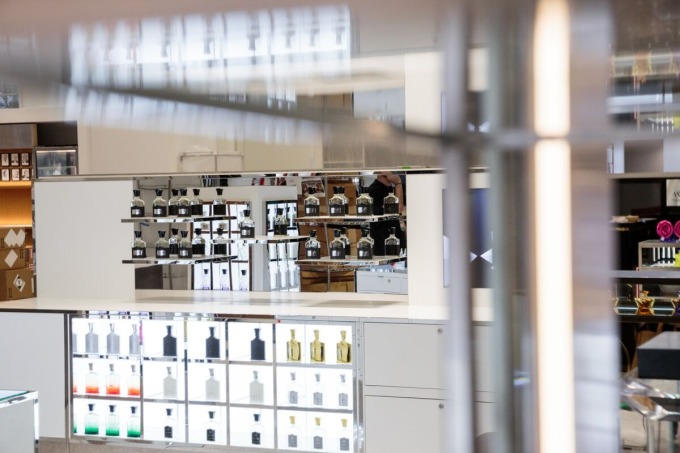
Perfume is displayed for sale in a shopping mall. Photo: Bloomberg
“When you look at the economy, consumer confidence is a little shaky. People are tightening their purse strings,” said Dallin Hatch, a data analyst at Pattern. In a reference to the “lipstick effect,” he explained that perfumes are emerging as the new luxury item for buyers during times of financial uncertainty. “Think of this as a new indicator of consumer confidence,” Hatch said.
Another report from market research firm Circana found that mini perfumes were becoming the top choice for perfume buyers in the first half of the year. Based on figures from retailers, mini perfume sales have outpaced overall perfume sales. Mini products accounted for 38% of the industry this year, up from 35% last year.
“Fragrance bottles under 1 ounce (30 ml) are selling three times faster than general fragrances. They are less expensive, about a third of the price of a large bottle, so they appeal to consumers who want to reduce their spending but still want to treat themselves,” said Jacquelyn Wenskus, fragrance expert at Circana. The trend started last year.
Despite economic concerns, the report said that spending on self-indulgence also boosted sales of cosmetics, skin care, and hair care products in the first half of the year. Sales of high-end cosmetics reached $14 billion in the first half of the year, up 15% year-on-year. Meanwhile, the mass market segment brought in $28 billion, up 9%.
“The cosmetics market is at the right time. Brands are responding well to the emotional needs of customers, especially at a time when purchasing power continues to be tight,” said Larissa Jensen, a cosmetics industry consultant at Circana.
Ha Thu (according to CNN)
Source link







![[Photo] Binh Trieu 1 Bridge has been completed, raised by 1.1m, and will open to traffic at the end of November.](https://vphoto.vietnam.vn/thumb/1200x675/vietnam/resource/IMAGE/2025/10/2/a6549e2a3b5848a1ba76a1ded6141fae)
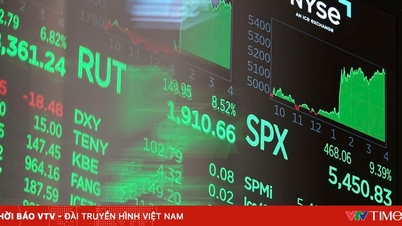



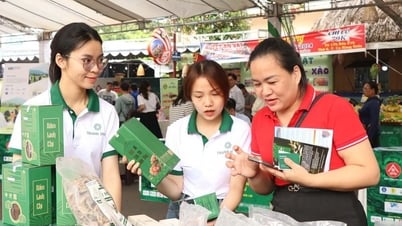

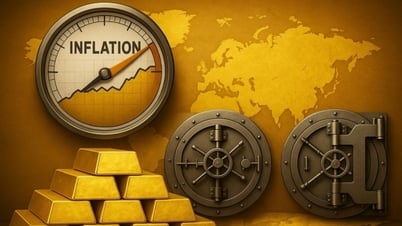

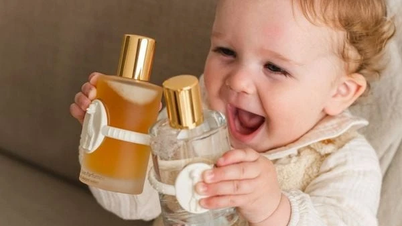



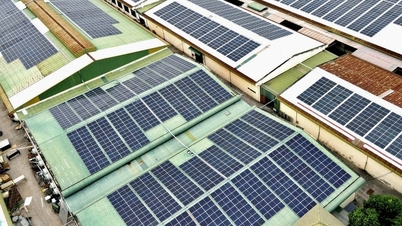




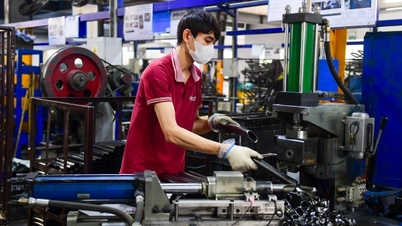


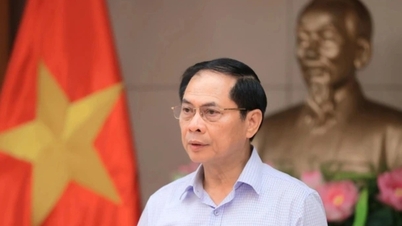











































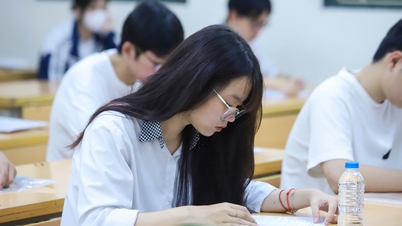
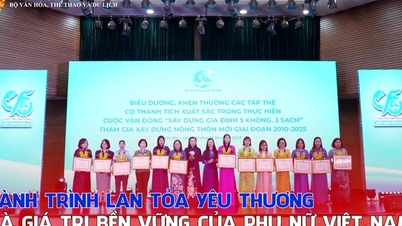






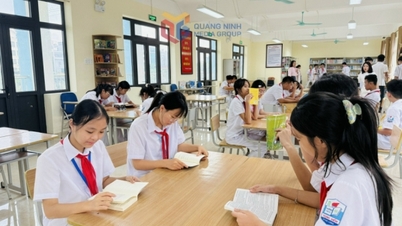




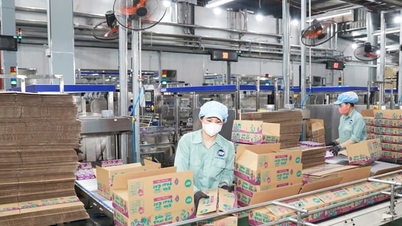

















Comment (0)